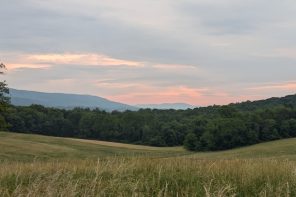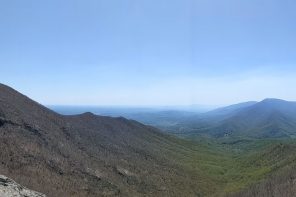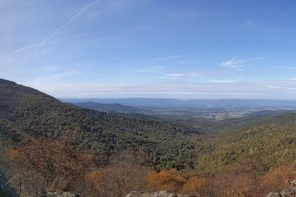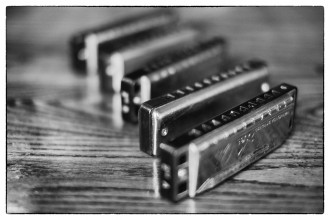Of an evening, the two of us could be found sitting side by side at an old chrome and Formica kitchen table that had been discarded by its owners but given new life and purpose in the basement of our parsonage home. Before us were yellow tablets with their blue-lined surfaces crammed with prose, or poetry, or just story ideas with arrows pointing here and there, and stars and underlines decipherable only to their authors. And authors was what we considered ourselves to be. No matter that no publisher had ever accepted any of our material. No matter that the two blocks of wood with the nails sticking straight up from them groaned under the weight of the colorful rejection slips that were skewered on them. We knew what we were.
Between us sat an old electric Smith Corona typewriter. The keys were gummy with use, something we tried with limited success to remedy before we did our final prints for submission, and the “e” key stuck frequently enough to be a constant source of aggravation, and an adverse influence on whatever muse might be present. By spells we would take turns pounding away at the often-unresponsive keys as the motor hummed but did not fully engage. Its ribbon was nearly threadbare, and we would manually wind it to the least used sections so that the print could be as crisp as possible. A writer’s budget is often sparse, and ours did not even rise to that level.
There were piles of neatly stacked, white, eight and a half by eleven, twenty-pound paper containing the hopes and dreams of two aspiring writers, played out in neat double-spaced pica. There were paperclips binding each of these offerings into its own bundle, and as the stacks grew, somehow validating our efforts, so too did our determination. We had read all of the magazines and books the library had to offer on the subject, and we knew with certainty that the likelihood of success was in direct proportion to the height of the stack of rejection slips, and we had much reason to be optimistic. And besides, we knew how good we were. We told each other frequently. My brother was undoubtedly more proficient at that than I, as he always had a knack for making the people he interacted with feel somehow better than they actually were. That would remain true till the day he died.
We did not know it then, but we were not really authors. We were two still young lads playing dress-up. Perhaps he more than I, because he dressed in almost professorial garb with a burl maple bentwood pipe perched jauntily in the corner of his mouth, unlit, and Barry Goldwater glasses astride the bridge of his nose. His shirtsleeves were rolled up, two folds, pressed flat. There was no cowboy hat on his head in those days, and no L.L. Bean jacket. And, consequently, no Doug Deats in his writing. He was not drawing on his love of the woods and streams and open spaces that was the hallmark of his youth or the joy of his later life. He was trying to channel Hemingway and Faulkner. His writing was forced. Purposeful and intentional just like the books recommended. Good writing is purposeful and intentional. Great writing seldom is. In any case, there was not the natural folksy flow that gave his later writings their irresistible charm. And there was not the genuineness of spirit that came to shine through the pages of his one published book or his numerous published articles. Ironically, it was not until he stopped trying to be an author and learned to be a writer that he was ultimately able to become an author.
But our mutual lack of commercial success notwithstanding, I mark these times together, two brothers pursuing a common dream, as among my most cherished memories. We spent many late evenings and a number of predawn mornings walking the golf course across from our house, discussing our intended craft, bouncing ideas off one another, or just musing about life in general. Out of these encounters we wrote many poems separately or together, none of which has survived. It was not until after his death that I captured what those nights meant to me in a form neither of us ever proved to have much facility with. It is as follows:
A Night For Poets
It was a night for poets
The late evening mist lay heavy on the night air
As two brothers walked slowly, silently through the grassy dark
Bound together by thought
Leaving visible footprints in the damp grass… and on each other’s souls
But now, no longer do they walk together, but walk they must
For one the fog has lifted, and he walks, unbound,
Forever in the eternal light of a perpetual morn
The other remains, walking silently, more slowly,
Bound by the darkness of grief and the dampness of tears
Their souls, no longer together, but never far apart
On this, the fifth anniversary of his passing, I can honestly say that the impact of those nights has not been diminished by time, nor has the sense of loss. The author, and yes he finally got to achieve that dream, has written his final words. But as those who have ever had the pleasure of engaging my brother in spirited discourse know, the final word was a concept with which Doug Deats was intimately familiar.





